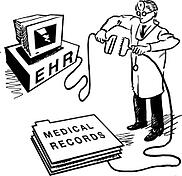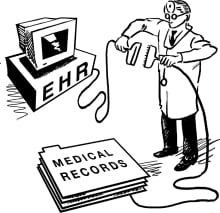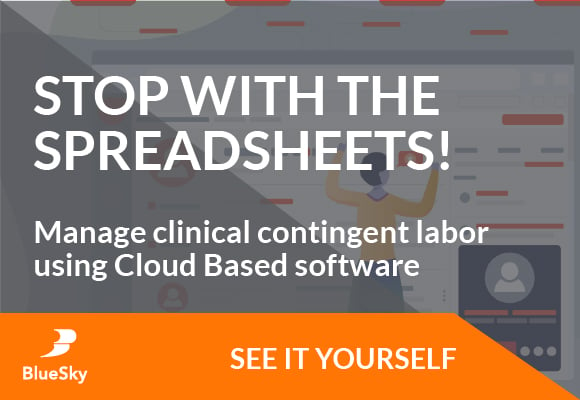 Health care information technology is showing promise, but providers stress both advantages and drawbacks to the use of Electronic Medical Records (EMR) or Electronic Health Records (EHR). The term "bioinformatics" is also catching on quickly.
Health care information technology is showing promise, but providers stress both advantages and drawbacks to the use of Electronic Medical Records (EMR) or Electronic Health Records (EHR). The term "bioinformatics" is also catching on quickly.
Some benefits include:
- Patient has only one modifiable file
- Elimination of the volume of a large file
- Improvement of legibility
- Elimination of filing systems, lost forms and paperwork
Meanwhile, some barriers to implementing EMRs involve:
- Potential disruption of the clinical practice and patient-doctor interaction
- High cost to administer
- Difficulty to maintain
- Improved efficiency and cost-effectiveness are not guaranteed
The American Recovery and Reinvestment Act of 2009 (ARRA) promoted "incentive payments to eligible professionals (EPs) and hospitals who adopt, implement, upgrade, or demonstrate meaningful use of certified electronic health record (EHR) technology." Title XII of the ARRA contains the Health Information Technology for Economic and Clinical Health Act (HITECH).
To qualify for Medicare and Medicaid Incentive Programs through the Centers for Medicare & Medicaid Services (CMS), eligible health care professionals and hospitals are asked to register with the federal government, use certified technology and become "meaningful users" by achieving specific objectives evolving through 2016.
It also administers penalties for non-compliance including a reduction in Medicare reimbursements over time, starting in 2015.
Costs for upgrading to EMRs also include integrations through a Health Information Exchange (HIE). An HIE is the electronic movement of health-related information among organizations according to nationally recognized standards. While the costs associated with conversion are problematic in the short-term, revenue opportunities can open up following implementation.
According to a recent CBS Baltimore piece:
"Data contained in EHRs are a gold mine for bioinformatics and data analytics companies doing public health research, who could contract with health care providers for the right to use those records (minus personal identifying information, due to privacy regulations)."
The ARRA also provided grants totalling $598 million for HIEs to set up around 70 Health Information Technology Regional Extension Centers to "provide hospitals and clinicians with hands-on technical assistance in the selection, acquisition, implementation, and meaningful use of certified electronic health record systems."
Additional information on converting to EHRs can be found here.




